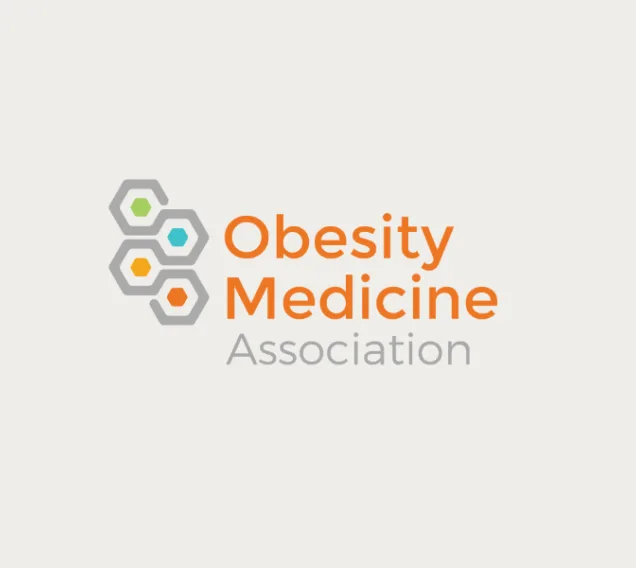June 3, 2024
Pediatric Research Update | Treatment of Hypothalamic Obesity
Share this post

Each month, the OMA Pediatric Committee reviews a pediatric-focused obesity research update to help keep you up to date about the latest findings. This month’s update addresses treatment of hypothalamic obesity.
Treatment of Hypothalamic Obesity in People with Hypothalamic Injury: New Drugs are on the Horizon
Article Summary
Hypothalamic obesity (HO) is a complex disorder resulting from either monogenic cause or injury of the hypothalamus. Lifestyle intervention alone is usually ineffective. This article aims to discuss newer treatments for HO.
Article Review
The article addresses the complex condition of hypothalamic obesity (HO). It briefly discusses the two types of HO which are genetic or acquired. The authors primarily concentrate on acquired HO, which arises from hypothalamic lesion often treated through surgery and/ or radiation. Craniopharyngioma (CP) is identified as the most prevalent cause of acquired HO.
In discussing the pathophysiology and phenotypes of acquired HO, the authors describe a syndrome characterized by excessive weight gain resulting from hyperphagia potentially due to leptin resistance and deficiencies in downstream energy regulation neuroendocrine pathway. Additional features include decreased sympathetic activity, low energy expenditure, temperature dysregulation, and increased energy storage in adipose tissue, all of which are very similar in patients with monogenic cause of HO.
The article highlights the lack of FDA approved treatment specifically for HO but reviews existing medications currently approved for general obesity such as GLP-1 receptor agonists (GLP1Ras) and combination Phentermine/ Topiramate. It also mentions drugs that had undergone clinical trials for HO including oxytocin and Tesofensine. Currently, Setmelanotide, a MC4R agonist approved for certain monogenic obesity forms is undergoing clinical trials for acquired HO.
As obesity pharmacotherapy is rapidly evolving, the development of newer drugs is anticipated. Tirzepitide, approved for adult Type 2 diabetes, has demonstrated 20% weight loss, while Retatrutide, a triple agonist (GIP, GLP and glucagon) is currently in a phase 2 clinical trial showing 24.2% weight loss over 48 weeks.
Treatment for HO should be tailored based on phenotype spectrum as previously discussed, recommending a switch to another drug or combination therapy if there is no response after three months.
As a final statement, authors propose that MC4R agonism could represent a new standard of treatment for HO.
-
Roth CL, Zenno A. Treatment of hypothalamic obesity in people with hypothalamic injury: new drugs are on the horizon. Front Endocrinol (Lausanne). 2023 Sep 13;14:1256514. doi: 10.3389/fendo.2023.1256514. PMID: 37780616; PMCID: PMC10533996.
Article reviewed by:

Jacqueline T. Chan, MD, FAAP, DABOM
Dr. Jacqueline Chan completed her Pediatric residency at Sinai Children's Hospital, and her Pediatric endocrinology Fellowship at University Of Illinois Chicago/ Rush University.
Dr. Chan is certified in Pediatrics, Pediatric Endocrinology and Obesity Medicine. She was an assistant professor of pediatrics faculty at the Children’s hospital of Georgia for 5 years. She has provided multiple education lecture series and podcasts about various endocrine and metabolic issues. In addition, she has published multiple peer reviewed articles and is an active member of the Obesity Medicine Association Pediatric Committee.
Dr. Chan is currently an Assistant Professor of Pediatrics at the University of Utah and is in the Division of Pediatric Endocrinology at Primary Children´s Medical Center where Dr. Chan and is leading a multidisciplinary team for children with obesity. Her interest is on comorbidities associated with pediatric obesity mainly Type 2 diabetes and lipid disorders, as well as Hypothalamic obesity.

Early Reinitiation of Obesity Pharmacotherapy Post Laparoscopic Sleeve Gastrectomy in Youth: A Retrospective Cohort Study
This retrospective study found that in adolescents who had bariatric surgery, standard post-operative care plus early reinitiation of anti-obesity medication (AOM) led to greater weight loss and better eating behaviors than standard post-operative care alone.

Pediatric Research Update: Strategies to Minimize Muscle Loss When Using Anti-obesity Medications
This article found that obesity in childhood is significantly associated with later development of mental health disorders in adolescence, highlighting the importance of early intervention to address both physical and psychological health.

Pediatric Research Update: Examining Associations Between Obesity and Mental Health Disorders From Childhood to Adolescence
This article found that obesity in childhood is significantly associated with later development of mental health disorders in adolescence, highlighting the importance of early intervention to address both physical and psychological health.
